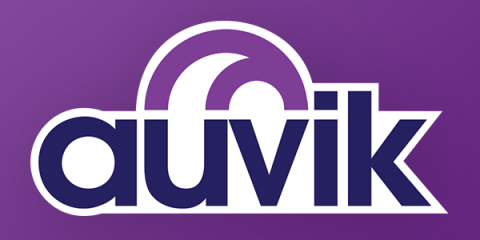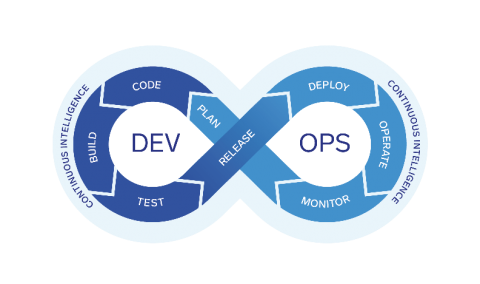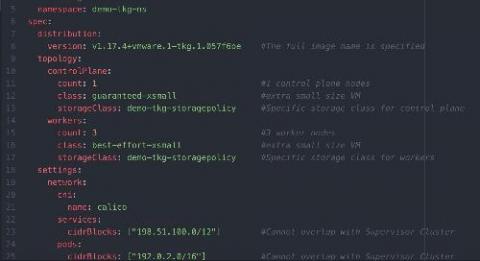Operations | Monitoring | ITSM | DevOps | Cloud
Latest News
Continuous Intelligence for Atlassian tools and the DevSecOps Lifecycle (Part 2)
Managing the Digital Employee Experience: The Next Frontier for the Modern IT Organization
IT’s role in the modern workplace has never been more critical and complex than right now. IT is pressured to roll out new technologies and drive innovation all while providing instant support for end users in an ever-changing workplace. Employees expect to work with the best tools in tech, from wherever they are, and however they choose.
Forging Ahead, Nexthink's Fight for Smarter IT & Better Digital Work Experiences
Today we launched the next generation of our digital employee experience (DEX) management platform, Nexthink Experience™. We strongly believe that this technology will shape the future of end-user computing and I cannot help but think back nostalgically to how this entire journey started.
What's Behind the New Nexthink Experience?
We are proud to announce the next generation of our platform, Nexthink Experience™, a cloud-native solution that equips IT with the ability to proactively manage Digital Employee Experience (DEX) for continuous optimization. With a groundbreaking set of new capabilities, IT no longer has to struggle to answer the question “how do I solve this issue?” For the first time, they can prioritize issues, pinpoint causes, and resolve computing problems across their entire infrastructure.
What Does My Website Look Like From China? Test and Monitor Performance from China
In this current age of the Internet, it’s a common practice to build a website to run your online business. With the networks all around the world, theoretically, you can do business boundlessly. However, like each country has its boundary, the world of Internet is not a world without any control. In fact, every country has its own laws and rules toward this virtual world. And the case is especially different, when China’s Internet environment is involved.
Logging Best Practices Part 1 - Priority Number 1
Isn’t all logging pretty much the same? Logs appear by default, like magic, without any further intervention by teams other than simply starting a system… right? While logging may seem like simple magic, there’s a lot to consider. Logs don’t just automatically appear for all levels of your architecture, and any logs that do automatically appear probably don’t have all of the details that you need to successfully understand what a system is doing.
Dissecting a Tanzu Kubernetes Cluster Spec with the TKG Service for vSphere
This post is part of a series that examines some of the fundamentals of creating, utilizing, and managing Tanzu Kubernetes clusters with the Tanzu Kubernetes Grid (TKG) Service for vSphere. If you need a primer to understand the basic concepts, make sure you read vSphere 7 — Introduction to Tanzu Kubernetes Grid Clusters. And if you haven’t already, this would also be a good time to read An Elevated View of the Tanzu Kubernetes Grid Service Architecture, the first post in the series.
The Splunk App for Infrastructure: Getting Started with Metrics & Logs Together for Easy Infrastructure Monitoring
If I asked you to describe Splunk, you’d likely reply with something about it being really good (the best!) at gathering and searching logs. You’re right! But while that’s true, you may not know Splunk is also tops at gathering and analyzing metrics. Putting the two together is very powerful; logs (events, more generically) and metrics go together like cookies and milk!
The missing link to comprehensive endpoint security
Very few things available online are truly free of cost. If you don’t pay with cash, chances are you are paying with your personal information or other data. The Chrome web store is filled with free extensions that users install on their browsers to enhance their online experience. However, more and more of these extensions are being discovered and removed from the store due to their malicious intent.











